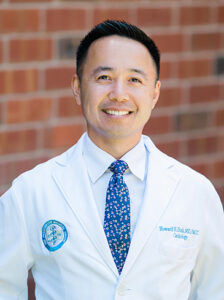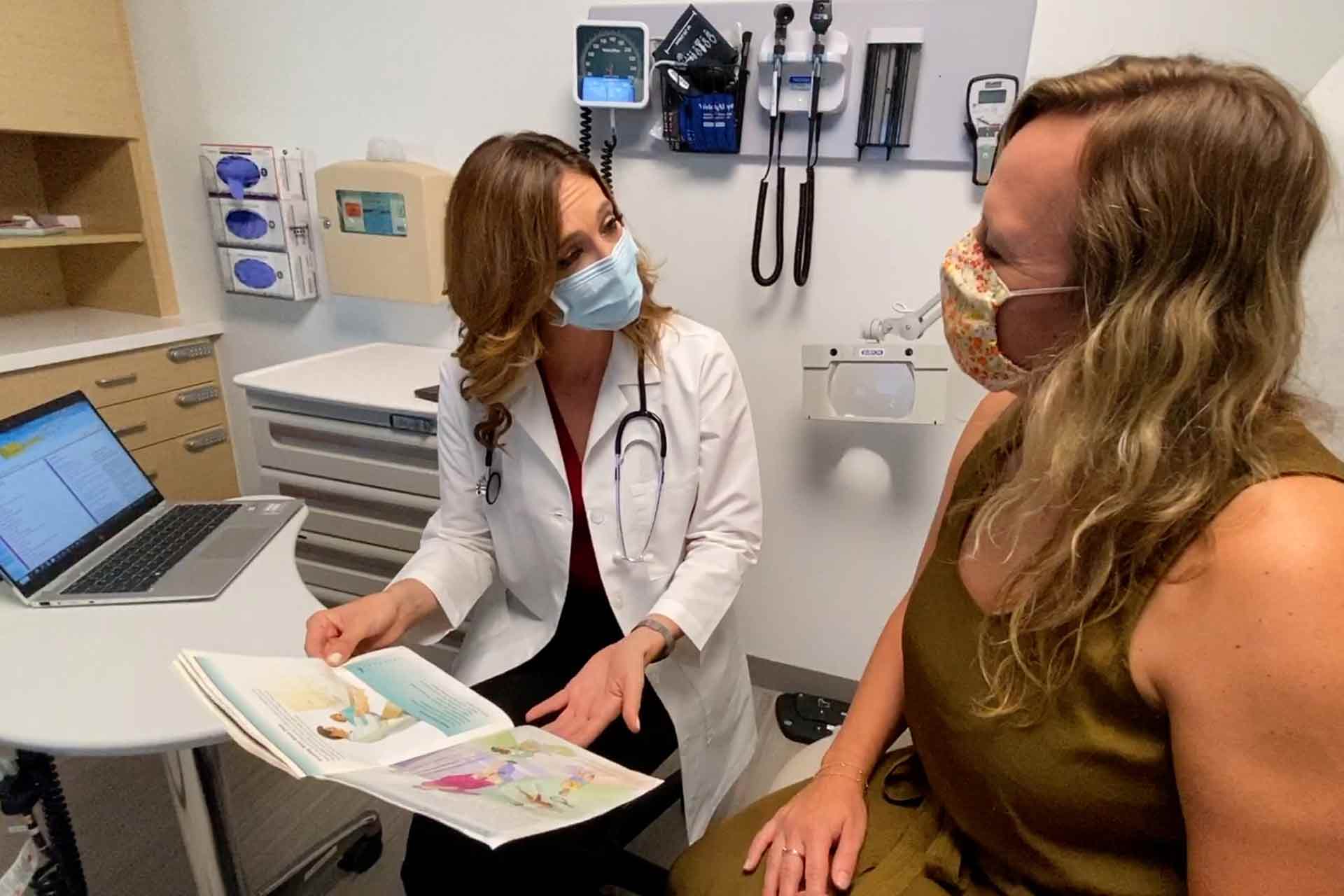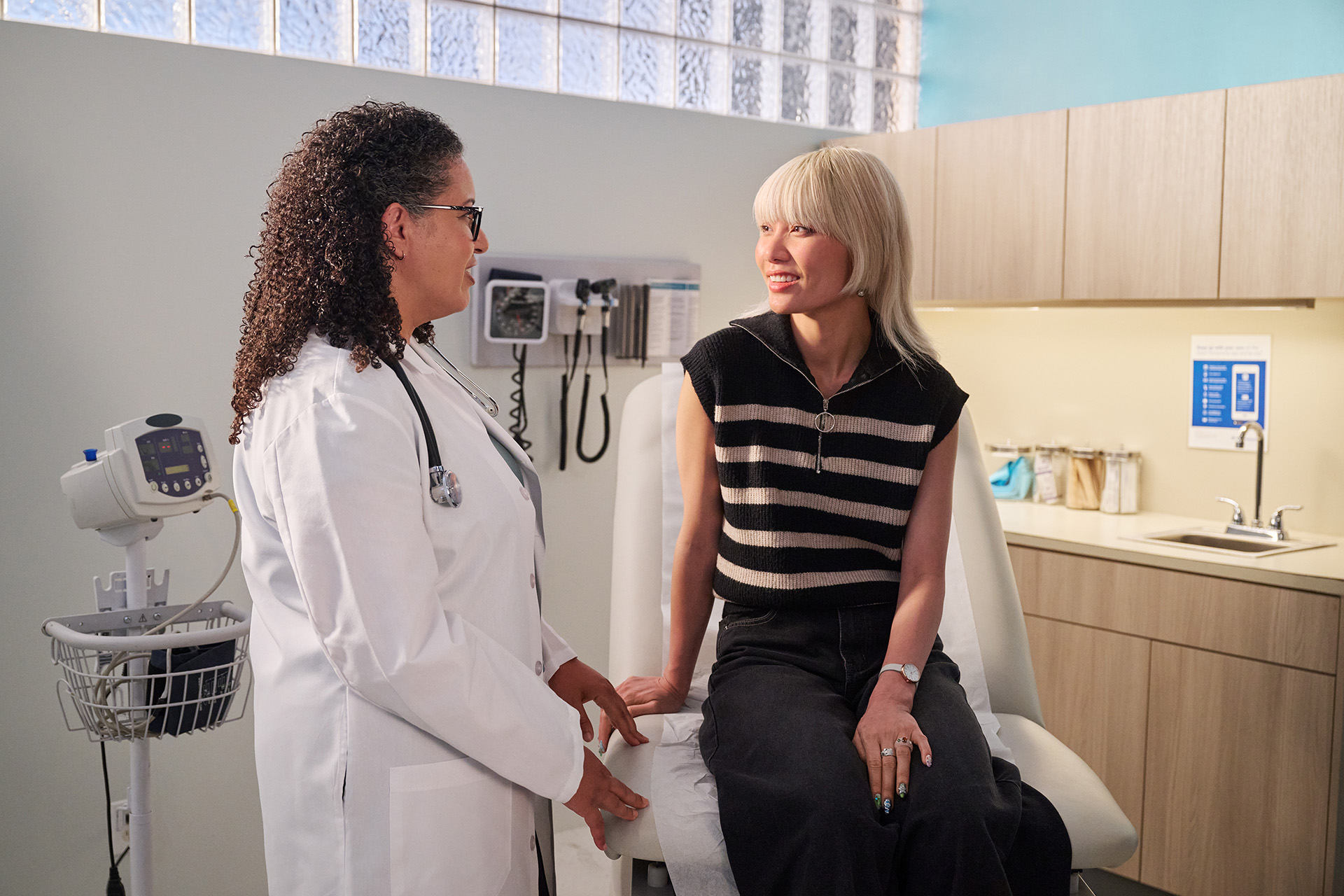Howard Dinh, MD, has a wealth of cardiology experience as a former university faculty member and researcher, and he now serves as director of Cardiac Services for Kaiser Permanente of Greater Sacramento and chair of cardiology chiefs in Northern California. Dr. Dinh explains heart conditions and discusses some of the reasons behind Kaiser Permanente’s leadership in cardiac care.
The topic of cardiac arrest has been in the news lately. Can you demystify it?
A cardiac arrest is when the heart abruptly stops functioning due to a burst of chaotic electrical signals. There are many reasons why this potentially fatal condition occurs, including coronary artery disease, an enlarged heart, heart valve disease, a congenital heart defect, or a heart attack.
With cardiac arrest, you typically lose consciousness or faint. Some may feel a fast heartbeat prior to passing out. How well a person recovers from a cardiac arrest is inversely proportional to how long the heart has stopped. Seconds matter with cardiac arrest: Timely CPR and an automated external defibrillator, or AED, is critical in restoring blood flow and oxygen to the rest of the body. It’s common afterward to be intubated or on a respirator to support the needed oxygen to keep vital organs going.

How is a heart attack different?
A heart attack is when the heart’s blood flow through the coronary arteries is severely reduced or blocked. A heart doesn’t usually stop beating during a heart attack. But without the blood supply, the heart muscle cells lose their nourishment and may be damaged and begin to die.
The blockage is usually caused by a buildup of fat or cholesterol to the coronary arteries. You would typically have shortness of breath, chest pain (also known as angina), and cold sweat. A heart attack may be treated with clot-dissolving drugs, balloon angioplasty, surgery, or combined treatments.
What can individuals do to head off these emergencies?
For heart attack prevention, we want to get to the root cause of risk factors. This means getting your diabetes under control, lowering your blood pressure, no smoking and excessive alcohol consumption, adopting a more plant-based diet, and avoiding high sodium and high saturated fats. Thirty minutes of exercise a day and stress management are also important.
Cardiac arrest, due to its various triggers, can be more difficult to guard against, but public health initiatives make a world of difference. For example, knowing basic CPR and having AEDs widely available in public spaces could save many more lives.
Why is Kaiser Permanente a recognized leader in cardiac care?
The power of the Kaiser Permanente system is its total integration. With more than 200 cardiovascular physicians in Northern California, we work as a team to tap into our individual and collective expertise within all fields in cardiovascular care. Through this multidisciplinary approach, we consistently deliver excellent quality and outcomes for our patients. We’re able to attract experts in different fields of cardiology from the best universities.
What does Kaiser Permanente’s across-the-spectrum cardiac care look like?
We offer extensive services for a wide range of serious medical crises. For example, we can replace heart valves without performing open surgery, and if you have severe heart failure we can provide treatment quickly in one of our centers of excellence. Kaiser Permanente’s quality and clinical outcomes equal or exceed academic centers.
Additionally, we are relentless when it comes to prevention, with screening, monitoring, and population health management programs that target the root causes of cardiac risk factors upstream. Through our team-based approach — consisting of your primary care doctor, nutritionist, behavioral and physical therapists, and specialists — we help you adopt and maintain a healthy and active lifestyle so you can avoid a cardiac crisis in the first place.





Comments (1)
I am delighted and reassured to be a member!
Comments are closed.